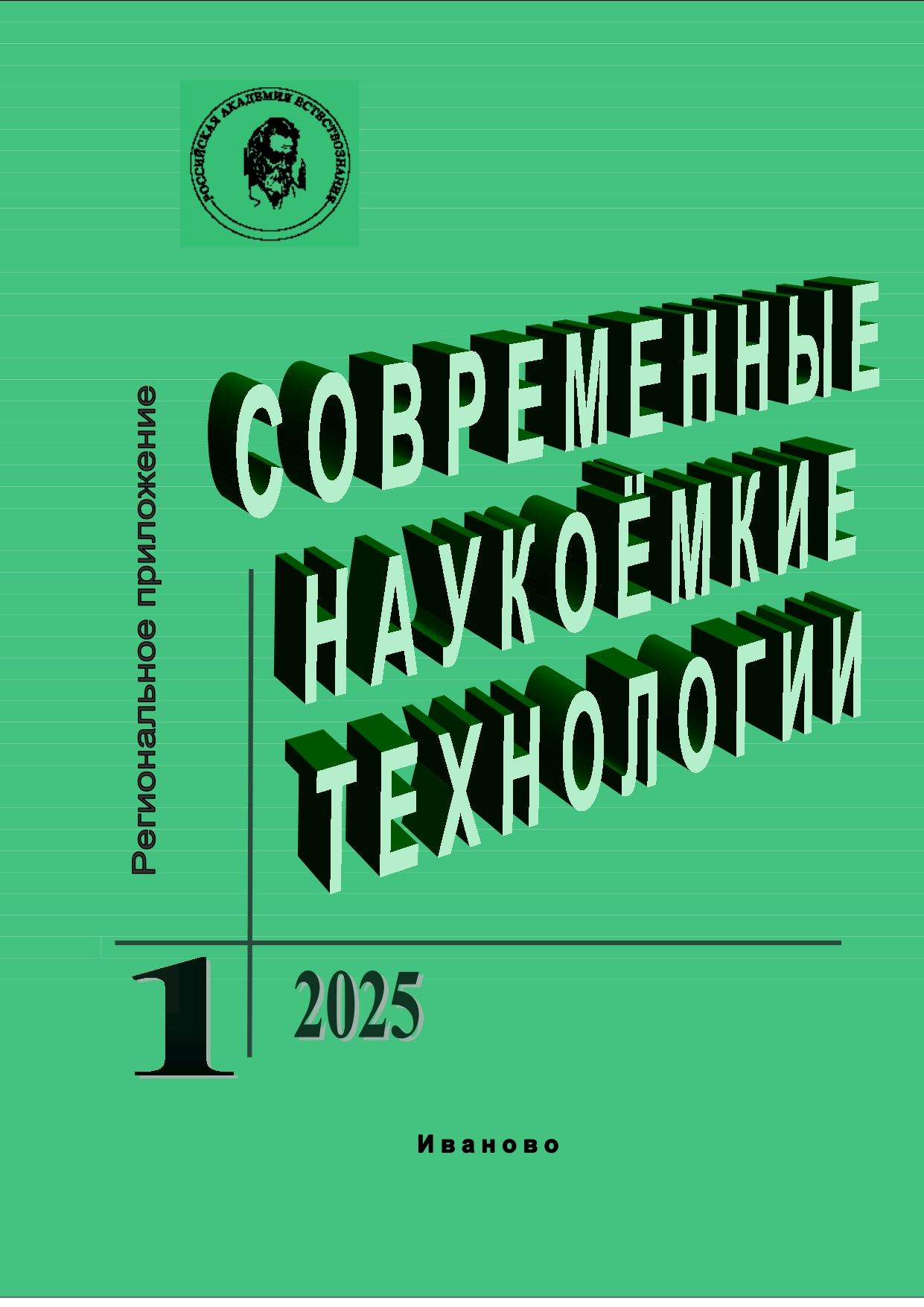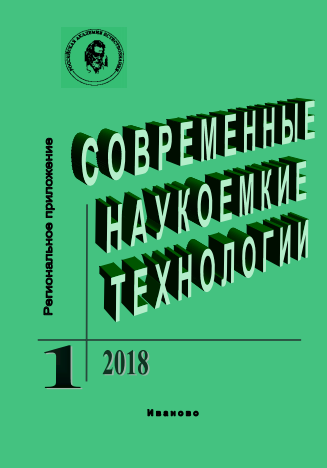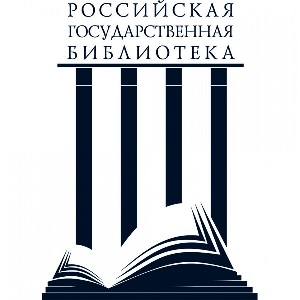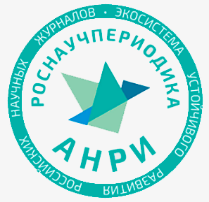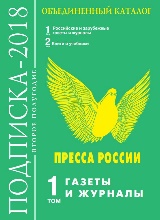ВЛИЯНИЕ УГЛА КОНУСНОСТИ ГИДРОЦИКЛОНА НА ЭФФЕКТИВНОСТЬ ОЧИСТКИ СУСПЕНЗИИ
Аннотация
Для изучения влияния конструктивных факторов гидроциклона на процесс разделения фаз разработана экспериментальная установка. Получена математическая модель (уравнение регрессии) эффективности очистки суспензии от исследуемых параметров. С уменьшением угла конусности гидроциклона улучшается его разделяющая способность за счет увеличения времени пребывания суспензии в аппарате.
Литература
Orlov A.A., Chechevishnikov A.L. [et al.]. The problem
of fresh water. Global context of Russian policy. Moscow:
MGIMO-University, 2011. 87 p.2. Basharov M.M., Sergeeva O.A. The device and calculation of hydrocyclones: textbook. manual. Kazan: Vestfalika,
92 p.
Bogdanov O.S. Handbook of ore enrichment: in 4 volumes.
V 2. Basic processes. Moscow: Nedra, 1982. 1500 p.
Ternovsky I.G., Kutepov A.M. Hydrocycloning. Moscow:
Science, 1994. 350 p.
Kasatkin A.G. Basic processes and apparatuses of chemical technology. Moscow: Chemistry. 1973. 750 p.
Bauman A.V. Hydrocyclones. Theory and practice: Novosibirsk, Gormashexport, 2020. 56 p.
Varnakov V.V., Kundrotas K.R., Varnakov D.V. Mathematical model of the process of separation of the emulsion
"diesel fuel-water" in cylindrical-conical hydrocyclones. International scientific journal. OOO "Spectr", Moscow.
P. 99-102.
Sidorov E.A., Kundrotas K.R. Calculation of rational design
and operating parameters for cleaning diesel fuel from emulsion
water in cylindrical-conical hydrocyclones. In the collection:
Young scientists in solving urgent problems of science. Collection of young scientists. 2010. P. 38-41
Blinichev V.N., Labutin A.N. et al. Problems of developing energy- and resource-saving processes, reactor systems
and intensive equipment, modeling and optimal control.
ChemChemTech [Izv. Vyssh.Uchebn. Zaved. Khim. Khim.
Tekhnol.]. 2023. V 66, issue 7. P. 185-202. DOI: 10.
/ivkkt.20236607.6845j
Shestov R.N. Hydrocyclones. L.: Mechanical Engineering,
80 p.
Povarov A.I. Hydrocyclones at processing plants. Moscow,
"Nedra", 1978. 232 p.
Shevtsov M.N., Voitov E.L., Kolpakova V.P. Selection of
the optimal height of a pressure hydrocyclone for
wastewater treatment at mining enterprises. Bulletin of the
Engineering School of the Far Eastern Federal University.
N 1(54). P. 73–82.
Busarev A.V., Selyugin A.S., Kayumov F.F. On the issue
of surface runoff treatment in hydrocyclone units. Modern
science-intensive technologies. 2016. N 10-2. P. 229–232.
Busarev A.V., Selyugin A.S., Sheshegova I.G., Urmitova
N.S. Hydrocyclone units for water treatment for flooding
oil-bearing horizons in order to increase their oil recovery.
Oil and Gas Business. 2015. N 4. P. 199–215.
Starostin A.G., Fedotova O.A., Kobeleva A.R.
Wastewater treatment from fine particles using a
hydrocyclone. PNRPU Bulletin. 2020. N 1. P. 99–112.
Yablonskiy V.O. Selection of the design and operating
modes of a hydrocyclone for cleaning wastewater from
PVC production by pressure flotation. Bulletin of VolGTU.
N 1(88). P. 68–70.
Gavrilin V.M., Afonin S.B., Yalyshev F.N., Kolobov
M.Yu. Influence of the nozzle diameter on the efficiency of
cleaning the suspension in a hydrocyclone. Reliability and
durability of machines and mechanisms. Collection of materials of the XV All-Russian scientific and practical conference. Ivanovo, April 18, 2024. P. 42–45.
Kolobov M.Yu., Yalyshev F.N., Kokurina G.N. Influence
of process parameters on the efficiency of cleaning the suspension in a hydrocyclone. Modern high technology. Regional application.2024. N 2. P. 68-71. DOI: 10.6060/
/snt.20247802.

